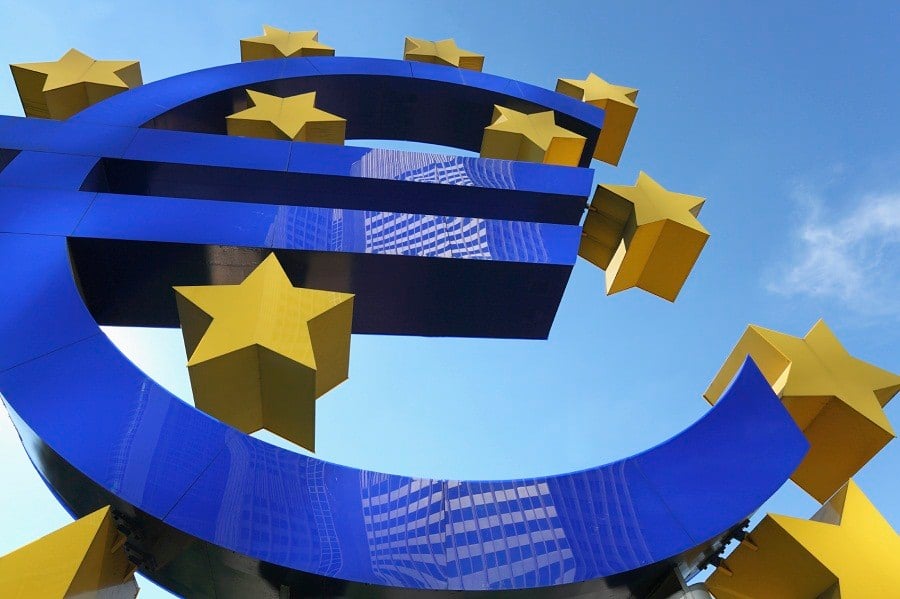Currency-hedging ETF strategies are a no-brainer: Merrill Lynch portfolio manager
A top investment strategist at Bank of America Merrill Lynch said
financial advisers piling into funds that access European stocks while muting currency swings could continue to profit from that trade for at least another year.
Currency-hedged exchange-traded funds attempt to deliver the returns of a basket of foreign investments without the
volatility that comes from currency movements.
Last month, the European Central Bank began €60 billion ($65.3 billion) in monthly bond purchases, a “quantitative easing” program that will inject a planned €1.1 trillion into the economy by September 2016.
The program is expected to decrease the value of the Euro — a boost to companies in Germany, France and Italy that export goods and services, but not to their U.S.-based investors.
TACTICAL TO STRATEGIC
“A tactical play can be turned into a strategic play,” said Jon D. Maier, who runs ETF-based portfolios for some of Merrill's 14,000 financial advisers. “You have a central bank and they basically tell you what to do. You know what's going to happen.”
(More: The (currency) war is on)
He said that trade was likely to make sense as long as the ECB continues to support its economy with aggressive monetary policy, perhaps at least another 12 to 18 months.
Mr. Maier spoke in New York at the Capital Link Closed-End Funds and Global ETFs Forum, an industry conference.
He isn't the only investor who's caught on to the trend. WisdomTree Investments Inc.'s Europe Hedged Equity Fund (HEDJ) is the fastest-selling ETF over the last year, and advisers are a big part of its success. That fund, which rose 19% in the first quarter, took in $15 billion in new money in the year ended Mar. 31, according to Morningstar Inc.
'STAGGERING'
“We've seen a big uptake in currency-hedged product over the last year or two,” said Michael Jabara, executive director at Morgan Stanley Wealth Management, the largest U.S. wealth manager by adviser head count. “The flows that we've seen in these areas, they've been staggering.”
Analysts say the currency-hedging funds are particularly useful when the foreign currency is depreciating in value, which could erode U.S. dollar returns of foreign investments.
Some advisers are also using them as long-term investments as an alternative to funds exposed to currency movements, according to Mr. Jabara. He said the firm recommends portfolios that are partially hedged and partially not.
On Friday, the Euro traded at $1.08 to the dollar, down 22% from $1.38 a year ago. That's how the MSCI Inc. Europe index returned 13.6% in its local currency but produced a -2.8% return for U.S. dollar investors, over the year that ended Thursday, according to Morningstar.
But Michael Starr, senior vice president of investments at Stifel Financial Corp., warned about the potential dangers in timing currency fluctuations.
“Be very careful in doing that,” said Mr. Starr. “It's very difficult to time the currency exactly.”







